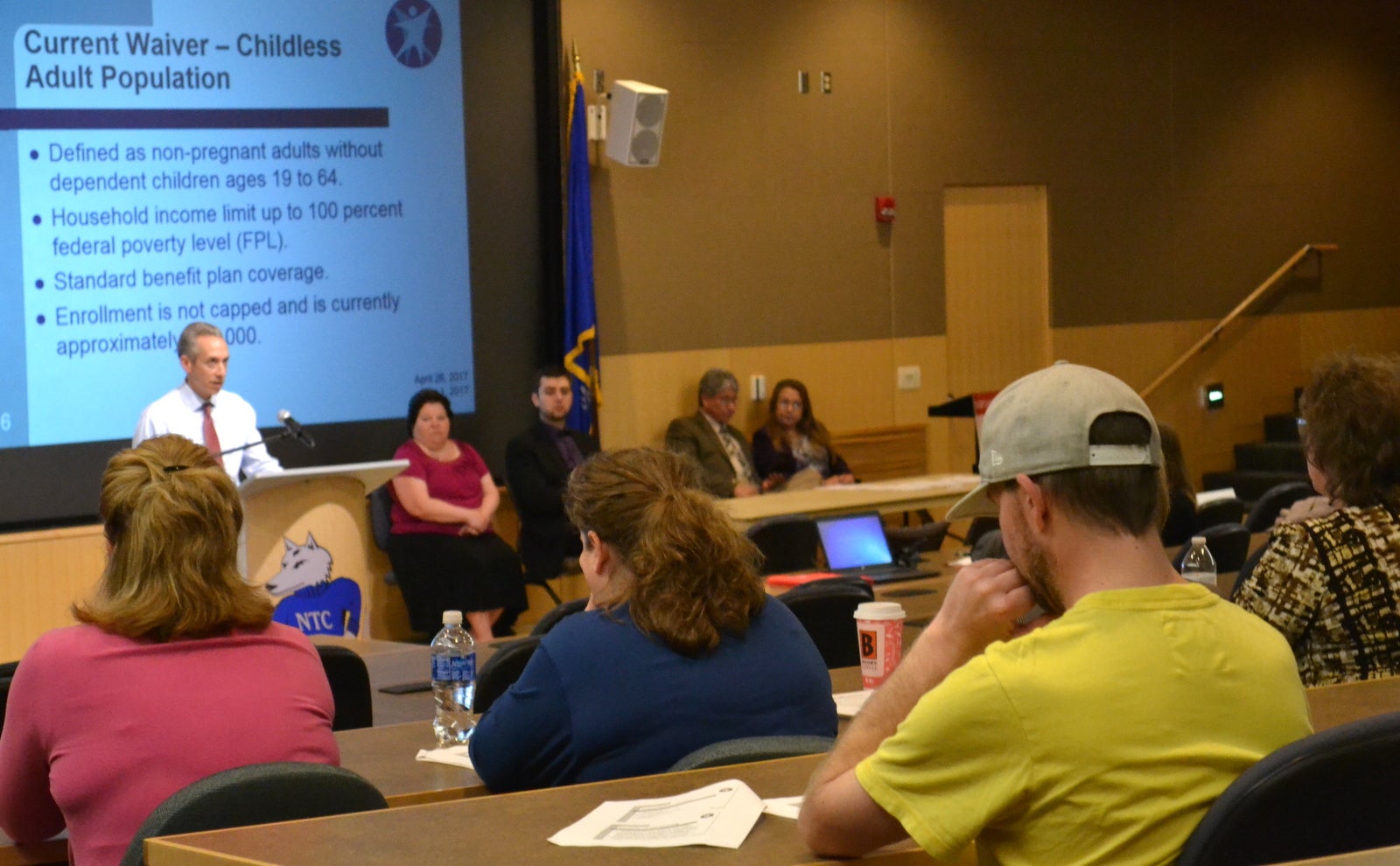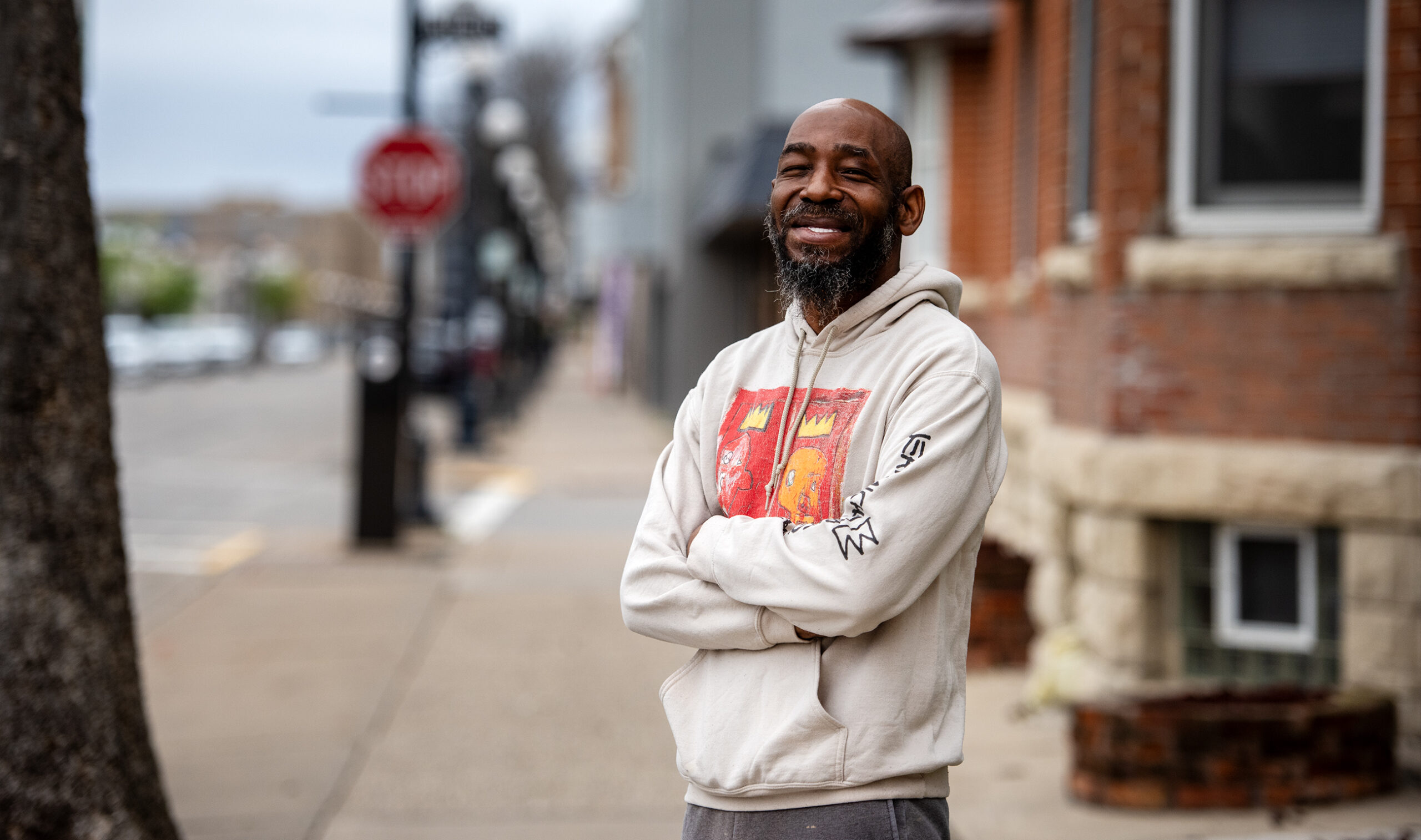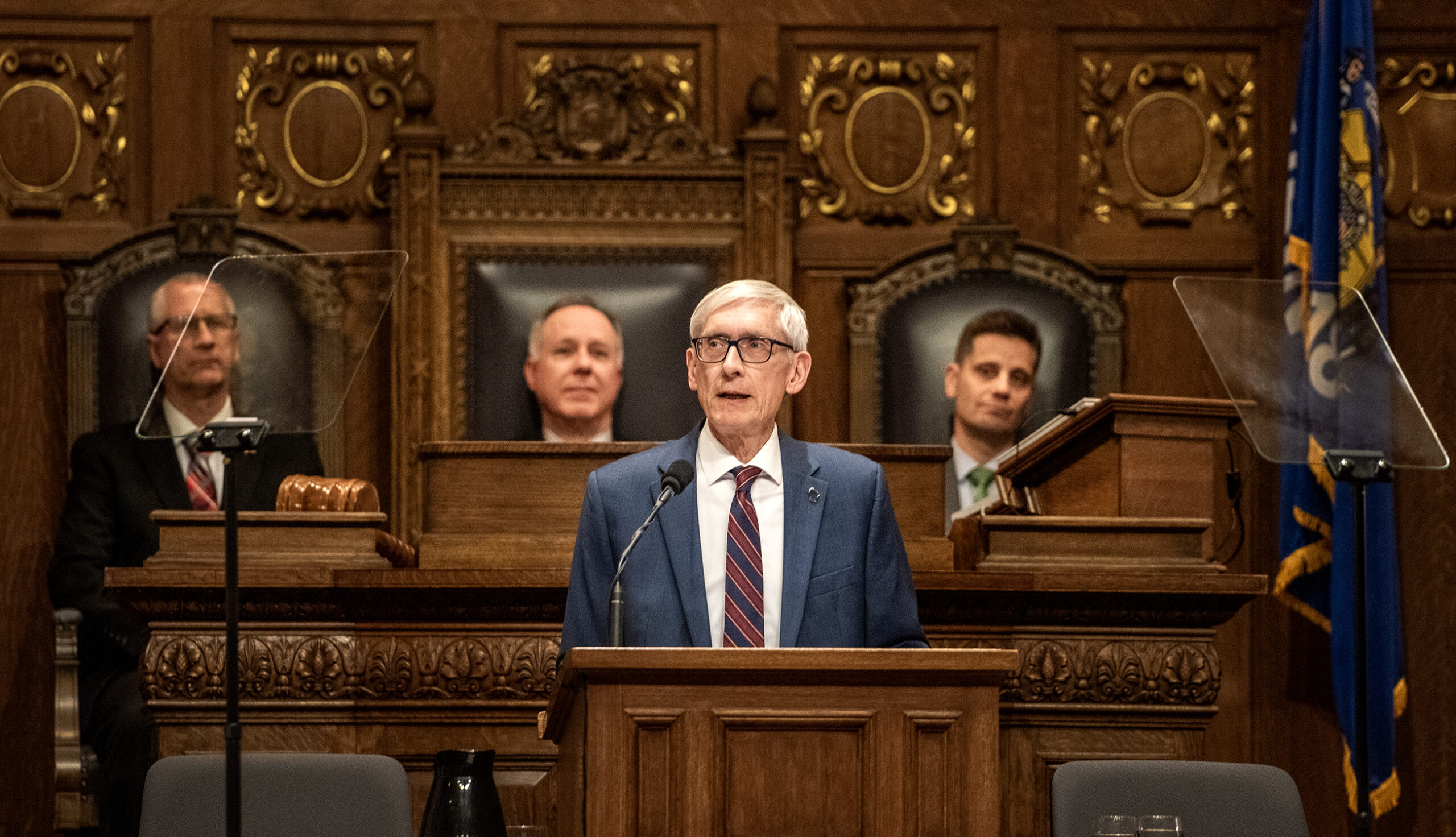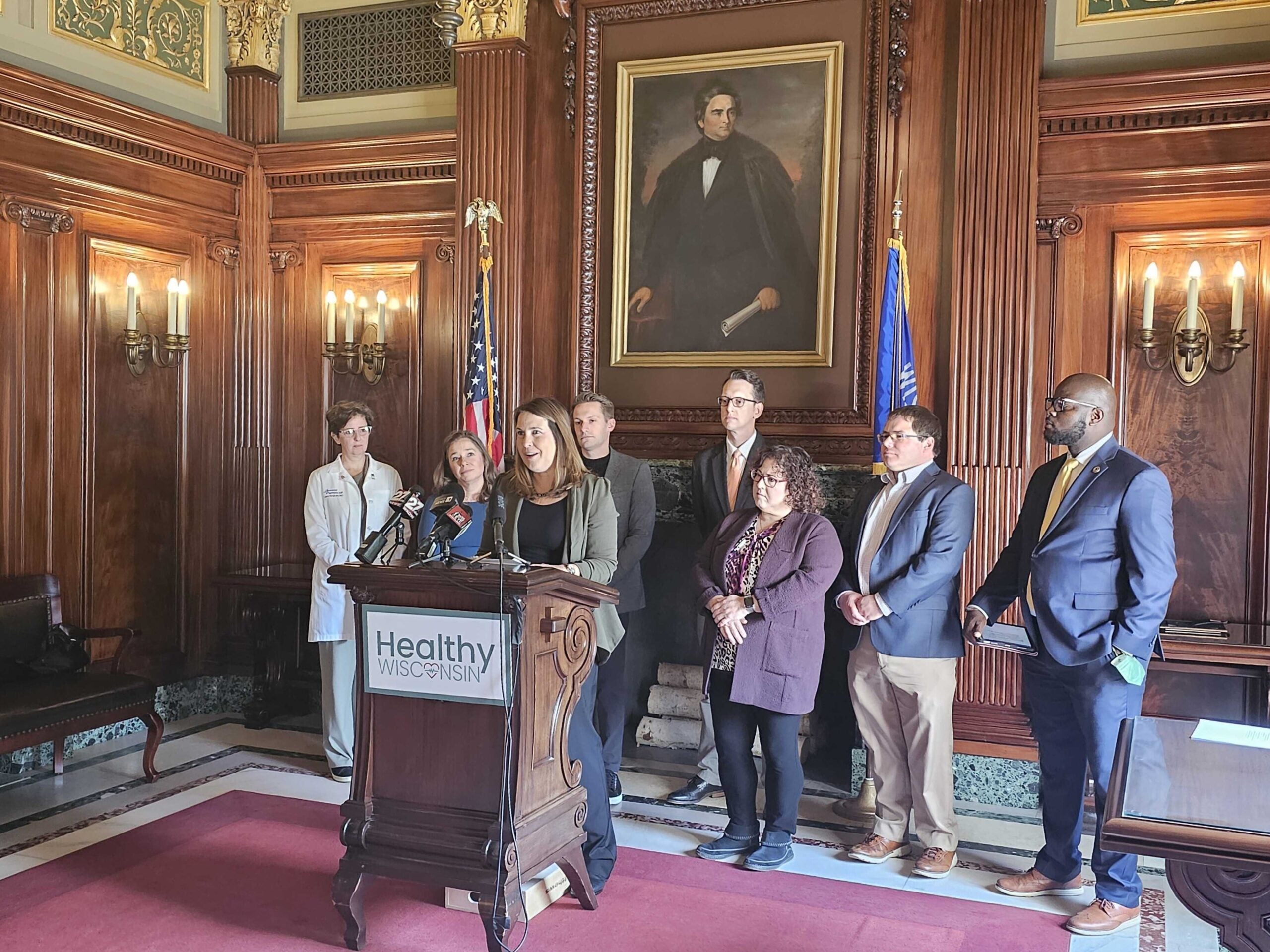The first of two hearings on possible drug testing and premium payments for BadgerCare recipients was held Wednesday.
The state needs a federal waiver to institute the proposed policies.
Health care professionals from around the state traveled to Wausau to voice their concerns.
Stay informed on the latest news
Sign up for WPR’s email newsletter.
Tony Lee of N.E.W. Community Clinic in Green Bay said his clients can’t afford to pay even modest premiums for their health care coverage.
“For our patients who are low income, or homeless, paying this premium, no matter how small, would be a big hurdle in continuing their health care and continuing with their medication,” Lee said. “This as we know could be life threatening if they go without.”
The proposed premiums range from zero to $10 per month, depending on household income. There would also be copays for emergency room visits of $8 to $25.
Mary Goldsmith, a patient of Partnership Community Clinic in Appleton, said the fees would be beyond her reach.
“I depend on food banks, yard sales and thrift shops in order to survive,” Goldsmith said.
Mandy Mayek of Portage County Health and Human Services worried drug screening and testing would drive BadgerCare patients out of the health care system.
“Substance abuse treatment is most effective when individuals are willing and ready to participate,” Mayek said. “Limiting access to medical providers who may be able to guide patients to this care is counterproductive.”
To Kate Gaines, of the faith based social justice group NAOMI, mandatory drug testing was a moral issue.
“It is our belief that the proposed drug testing is a way of criminalizing poverty in our state,”Gaines said.
Koua Vang of Sun Prairie said he was concerned about how the state’s Hmong population would react to drug testing.
“We believe health care is a private matter,” said Vang, a director of the Wisconsin United Coalition of Mutual Assistance Associations.
The hearing was moderated by Wisconsin Medicaid Director Michael Heifetz, who said the proposed changes are designed to help BadgerCare recipients get jobs.
“The employers have jobs, but they don’t have the employees who can fill them due to some drug problems,” Heifetz said in an interview. “This is designed to address that issue, not in a punitive way, but in a way that actually will give folks treatment and an opportunity for employment.”
The changes would only apply to childless adults.
A second public hearing takes place Monday, May 1, in Milwaukee.
Wisconsin Public Radio, © Copyright 2024, Board of Regents of the University of Wisconsin System and Wisconsin Educational Communications Board.






